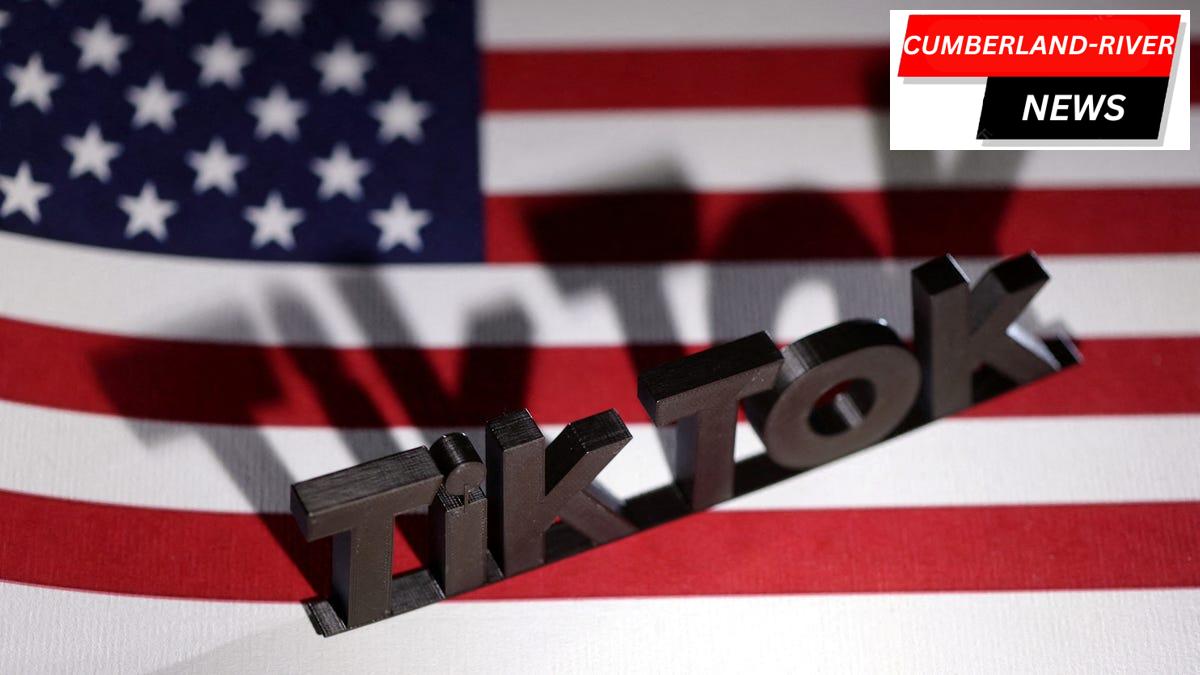Following the passage of legislation on November 26, 1986, BIS officially began operations on April 1, 1987. It has taken over the mantle of the Indian Standard Institution (ISI). The Indian National Standards Organization (INSO) is responsible for developing and enforcing national standards, running certification programmes, setting up and overseeing testing labs, educating consumers, and liaising closely with similar organisations around the world. The Grievance Cell at BIS headquarters acts as an outlet for consumers to seek redress from the organisation in the event that they report a drop in quality in a certified product.
BIS’s overarching goals are:
- It’s time for products to be standardised, marked, and certified for quality.
- So that growth in production and trade can incorporate these standards.
- To establish and publicly acknowledge national product standards.
Various BIS Actions
Seven broad groups describe BIS’s primary functions.
The BIS creates and formulates Indian standards for a wide variety of product and service markets.
BIS participates in four different international standardisation organisations and acts as India’s representative in each.
To name a few of these groups:
- The ISO is the International Organization for Standardization (ISO)
- CEI, or the International Electrotechnical Commission (IEC)
- Regional and Bilateral Coordination
Read More: Get x99tk56xdj4x Redeem Free Fire Code for 2022
Bureau of Indian Standards
The Bureau of Indian Standards (BIS) is a government agency with its main office in New Delhi and regional offices in Mumbai, Chennai, Kolkata, Delhi, and Chandigarh, as well as 20 additional branch offices across the country. Pramod Kumar Tiwari, IAS has served as BIS’s Director-General since 2020. It is supervised by the Indian Ministry of Consumer Affairs, Food, and Public Distribution.

It has 25 members representing various sectors including government (national and state), business, academia, and the public interest. In addition to being a longstanding member of ISO, BIS was also one of its founding members (ISO). It is the official Indian representative of the International Organization for Standardization (ISO), the International Electrotechnical Commission (IEC), and the World Standards Service Network (WSSN).
The study, Rehearse and Examine in accordance with the BIS Goals on India’s Premier Educational Website
Organization for Economic Co-operation and Development
- Use India’s Premiere Online Learning Platform, Embibe, to Study and Take Exams. Goods that have received BIS certification are guaranteed to meet all applicable Indian regulations. It’s commonly referred to by its acronym, ISI.
- Hallmarking: In the year 2000, BIS began stamping all gold jewellery with a hallmark to prove its authenticity. In 2005, authorities began using hallmarks to identify the authenticity of silver and other cultural objects.
- In order to meet the demand for testing, BIS has set up a network of eight laboratories across the country.
- The National Institute of Training for Standardization (NITS) is a branch of BIS that organises and delivers training programmes.
- When it comes to consumer affairs and publicity, BIS runs numerous awareness programmes to increase openness and knowledge among its clientele. Programs like these include “Consumer Awareness,” “Public Relations,” “Public Grievance,” etc.
Read More: Big Cash Apk Download and How To Use It?
Advantages of the BIS
These are some of the ways in which the BIS helps the Indian economy:

- Guarantees safe, consistent, high-quality, and affordable products for consumers
- Consumer risk reduction, health and safety
- Increases the volume of international trade
For more updates, keep reading – pelhamplus.com



